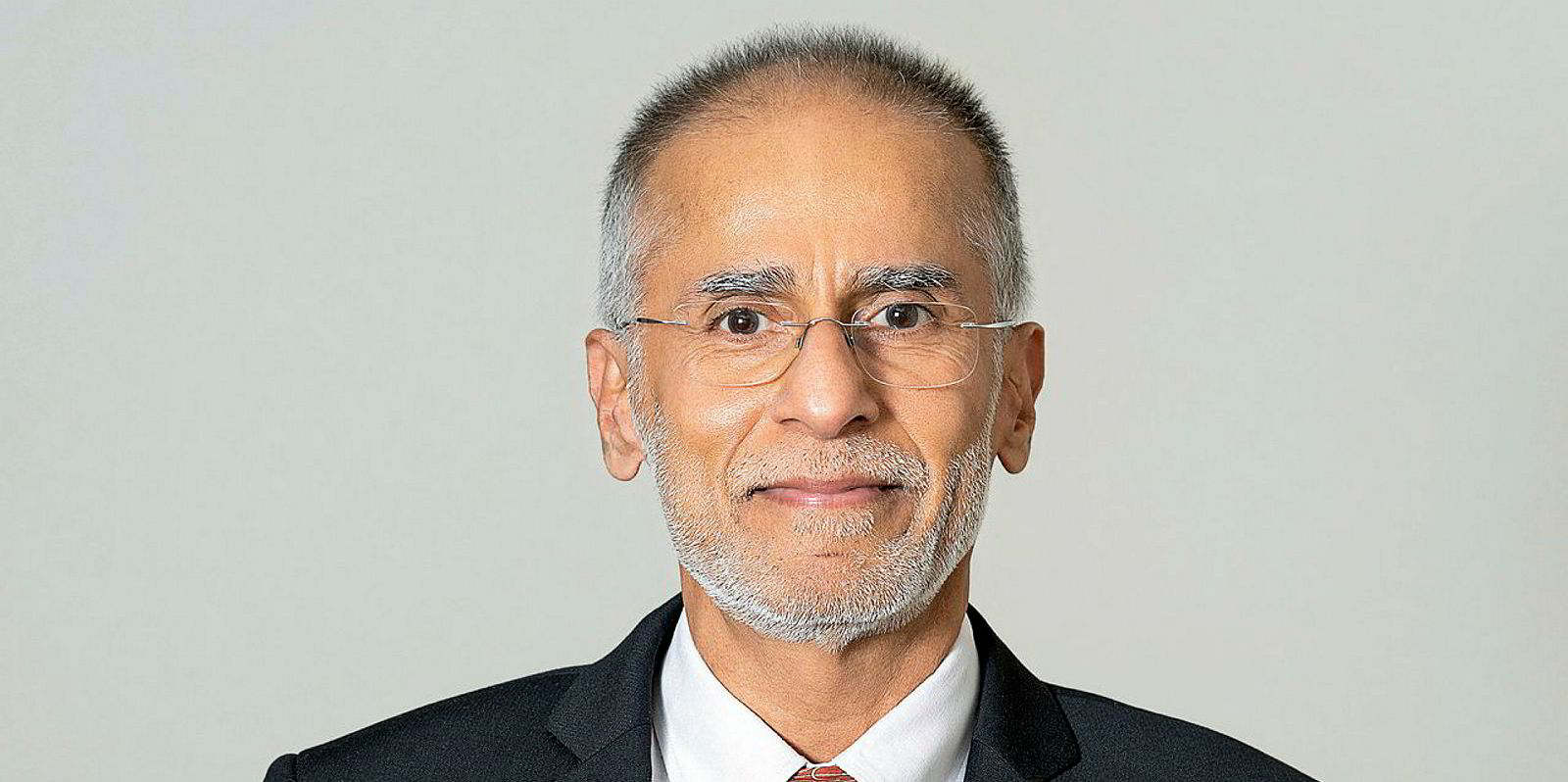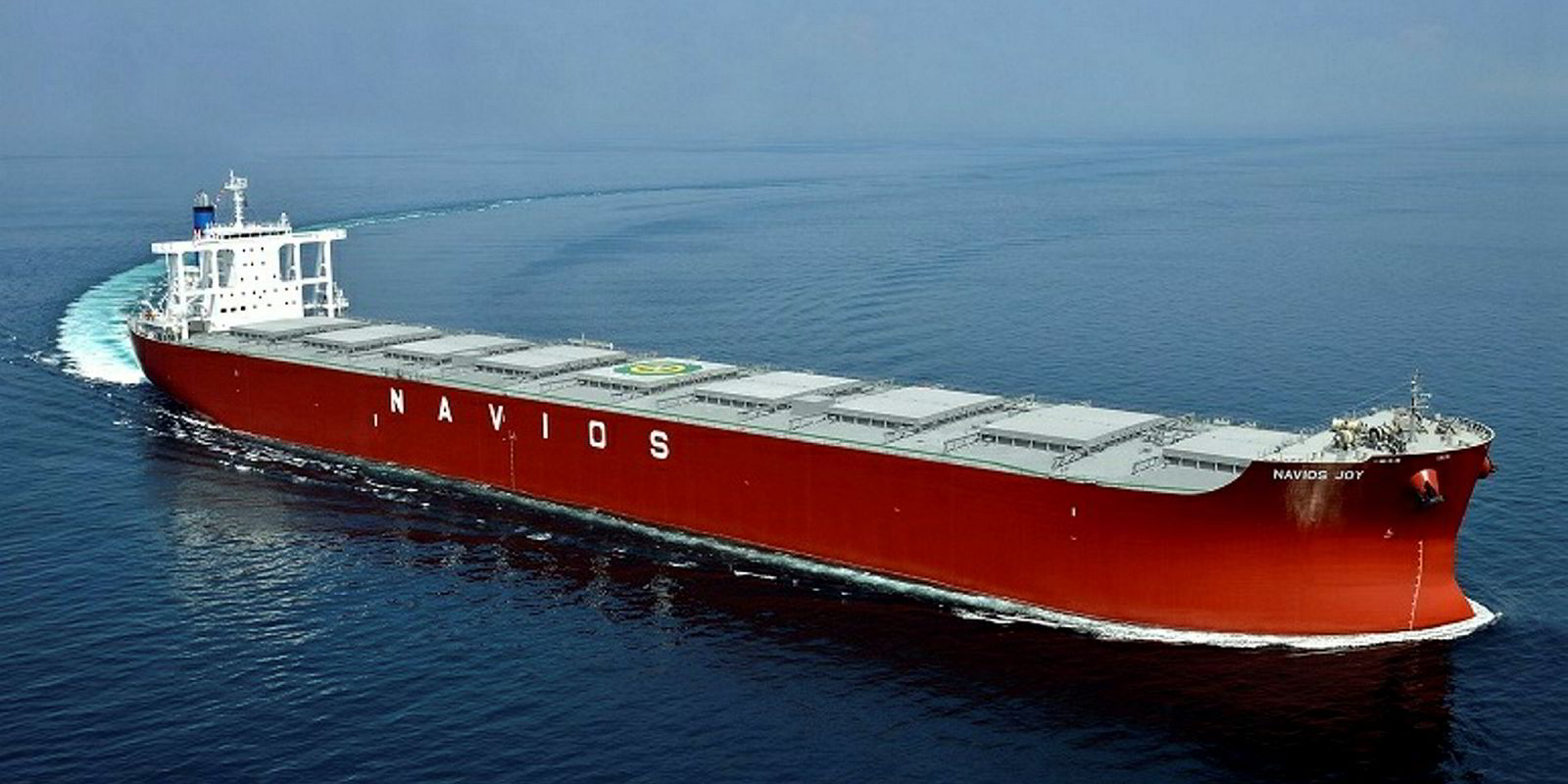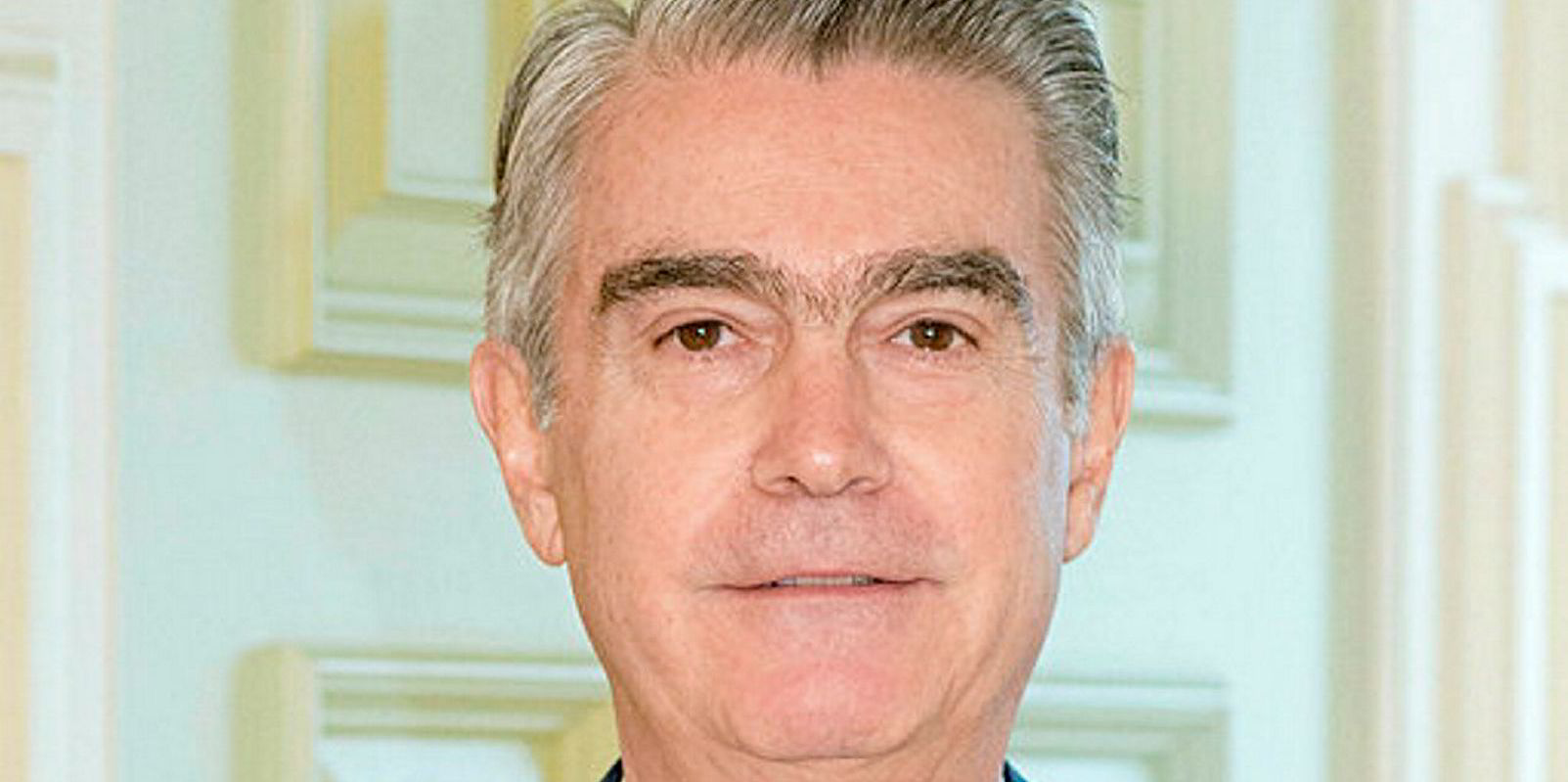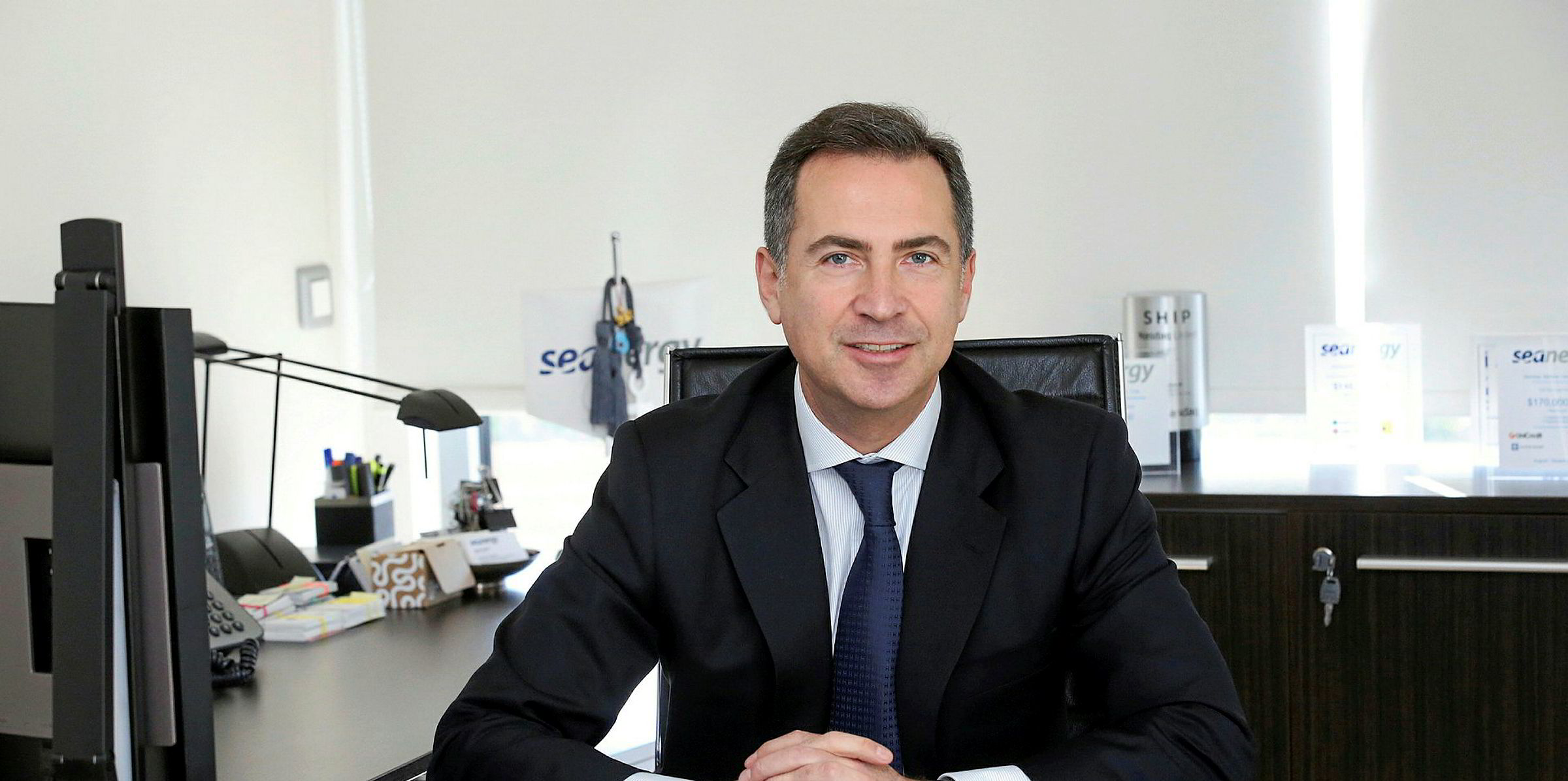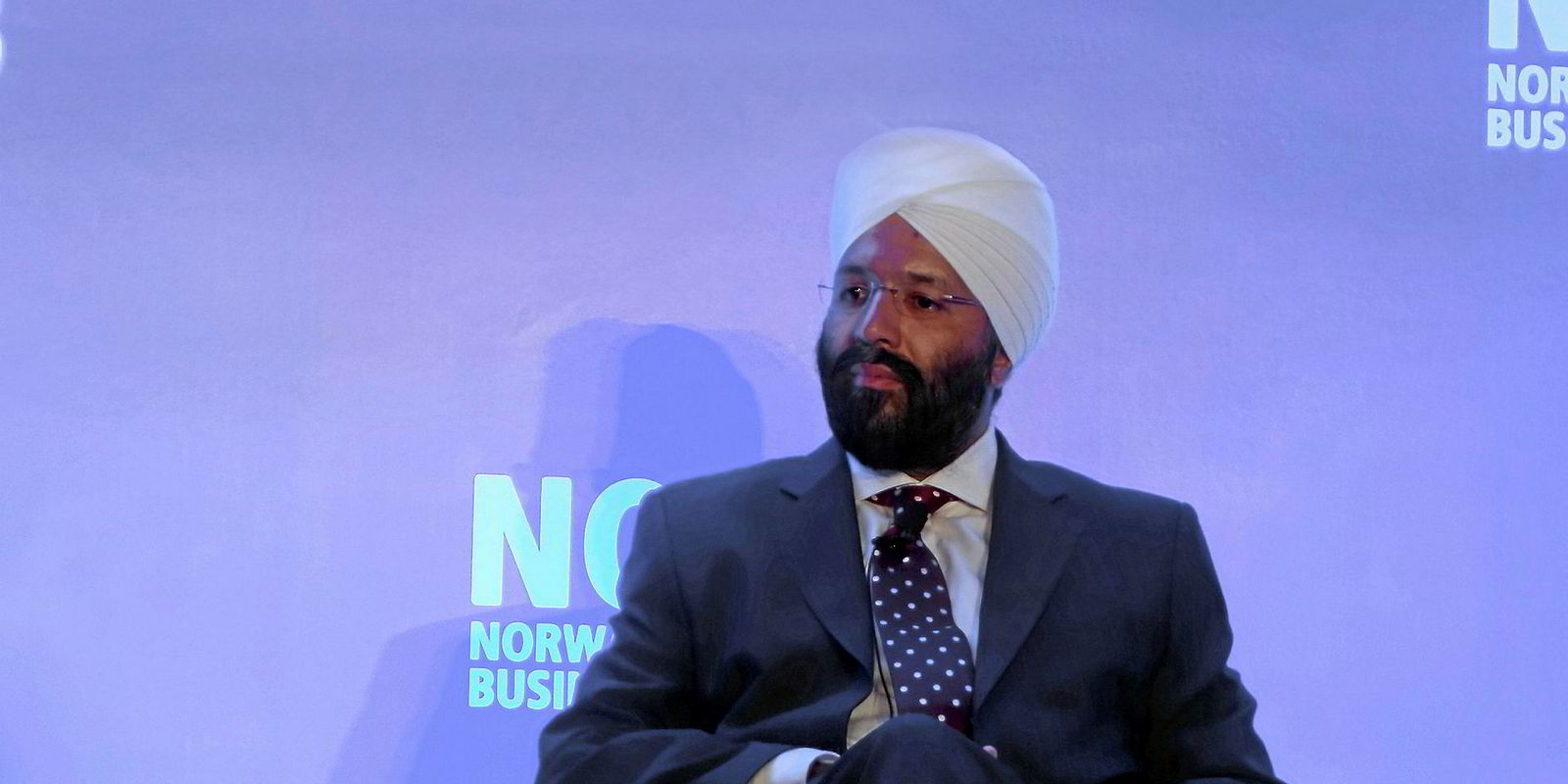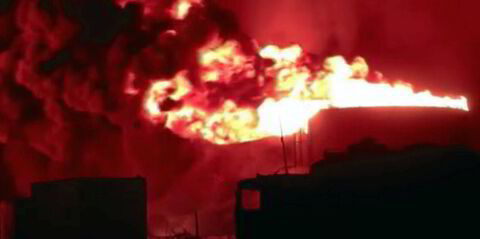Many bulker owners and operators see positive signs as the industry prepares to meet new IMO fuel regulations before this year ends.
More ships will be bound to repair yards to install scrubbers, and that draw from vessel supply could give the sector a boost. More importantly, the regulations that go into effect on 1 January 2020 will also push more ships to demolition, shipowners said in TradeWinds' annual survey of shipping figures' outlook of the year ahead.
But it's not all positive. Executives like Precious Shipping's Khalid Hashim and Cargill's Jan Dieleman point to challenges for owners and operators of dry bulk tonnage.
Costs will rise, and use of low-sulphur fuels could lead to engine troubles. Shipowners will have to be prepared to capitalise on the potential upside.
Khalid Hashim
Managing director, Precious Shipping
Older ships will struggle to retrofit scrubbers due to their high capital cost and high running costs. Some will certainly end up in scrapyards. Others will experiment with burning cleaner low-sulphur fuel oil [LSFO] in old engines designed to burn dirty high-sulphur fuel oil [HSFO]. Such experiments could result in a lot of breakdowns and delays, and clients would be hesitant, to put it mildly, to place their cargoes on such ships.
How long will it be before the world realises that it would be best to ban the dumping of waste water generated by open loop scrubbers anywhere in the oceans? It’s like saying that a small portion of a swimming pool is declared as ‘no peeing’ zone whilst the rest of the pool can be an unrestricted peeing zone
Khalid Hashim
Ships that are burning LSFO would slow down if the price differential between HSFO and LSFO is as high as the scaremongers and scrubber pushers have been proclaiming.
Ships with scrubbers could be banned from pumping out waste water into our already less-than-pristine oceans. Singapore has banned the use of open-loop scrubbers in its waters, as have a host of other countries. How long will it be before the world realises that it would be best to ban the dumping of waste water generated by open-loop scrubbers anywhere in the oceans? It’s like saying that a small portion of a swimming pool is declared as a ‘no peeing’ zone whilst the rest of the pool can be an unrestricted peeing zone.
The total number of ships fitting and retrofitting scrubbers forms just 2.1% of the world’s fleet. Will the oil majors/refineries produce HSFO to cater for this small minority of shipowners? The cost benefits of doing this would be something that the refineries would have to consider and, just maybe, HSFO would not be sold at any appreciable discount to LSFO but, instead, at a small premium.
During 2019 and 2020, a lot of ships will be in dry dock fitting scrubbers. That will take away some supply from the market. Various reports have suggested that this would reduce overall supply in the dry bulk world fleet by as much as 1.5% to 2%. This reduction will not necessarily be a challenge in that it would assist the freight market and not act as a detriment to it.
Market outlook
The fact that almost all bulker owners are profitable today suggests that demand is stronger than supply. This is despite scrapping in 2018 virtually coming to a standstill, resulting in the supply side growing at a much faster pace than what anyone had anticipated at the start of 2018. All in all, we are more confident about the prospects in 2019 than we were a few weeks ago, thanks to some of the trade tensions appearing to be in the process of being resolved permanently.
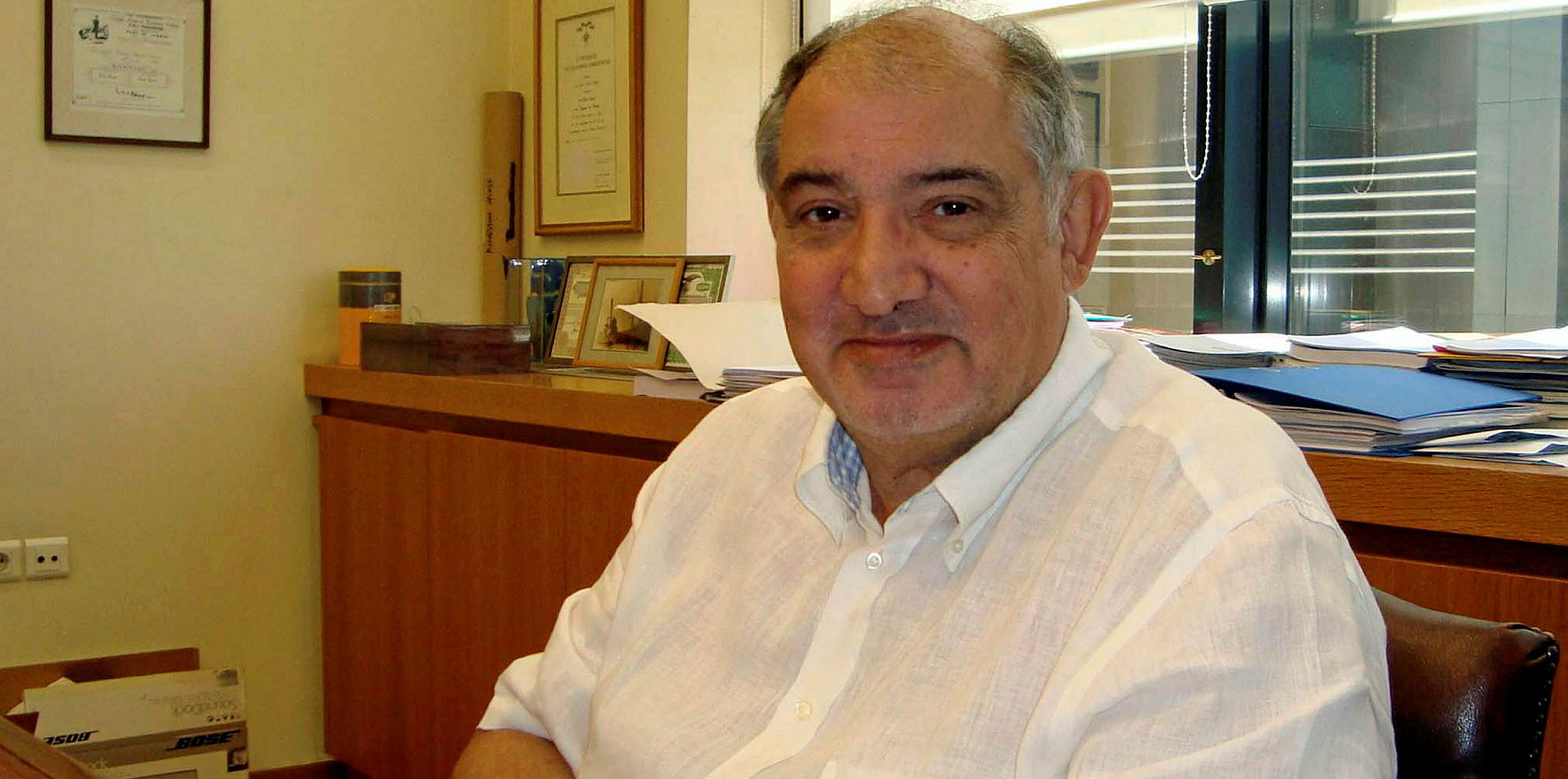
Lou Kollakis
Chairman, Chartworld Shipping
Time and time again, shipping markets remind us of their unpredictability and the complex factors that determine them.
For the new year, the main demand-related factors are evolving around the length and nature of the discussions leading to resolving the US-China trade conflict; monetary policy to be implemented by the US Federal Reserve and other central banks in the mid-term; and, as always, growth in emerging markets.
The geopolitical arena will continue to provide food for uncertainty and affect sentiment across shipping and financial markets.
We see IMO 2020 as a potential positive for both dry bulk and tankers, for scrubber and non-scrubber-fitted vessels through positive impact on effective fleet supply (slow speeding, retrofits, trading inefficiencies), even though the effects will be more strongly felt in the tanker space through reduced supply and increased demand.
For the dry bulk space, we remain positive that 2019 will be a further year in the process of transition out of the structural oversupply that has characterised the market over the past 10 years. However, seaborne demand growth and net fleet growth seem flat at around 3% for 2018 to 2020, which would imply a reasonably steady market. I still believe that 2019 will be better than 2018 for dry cargo up to kamsarmax size.
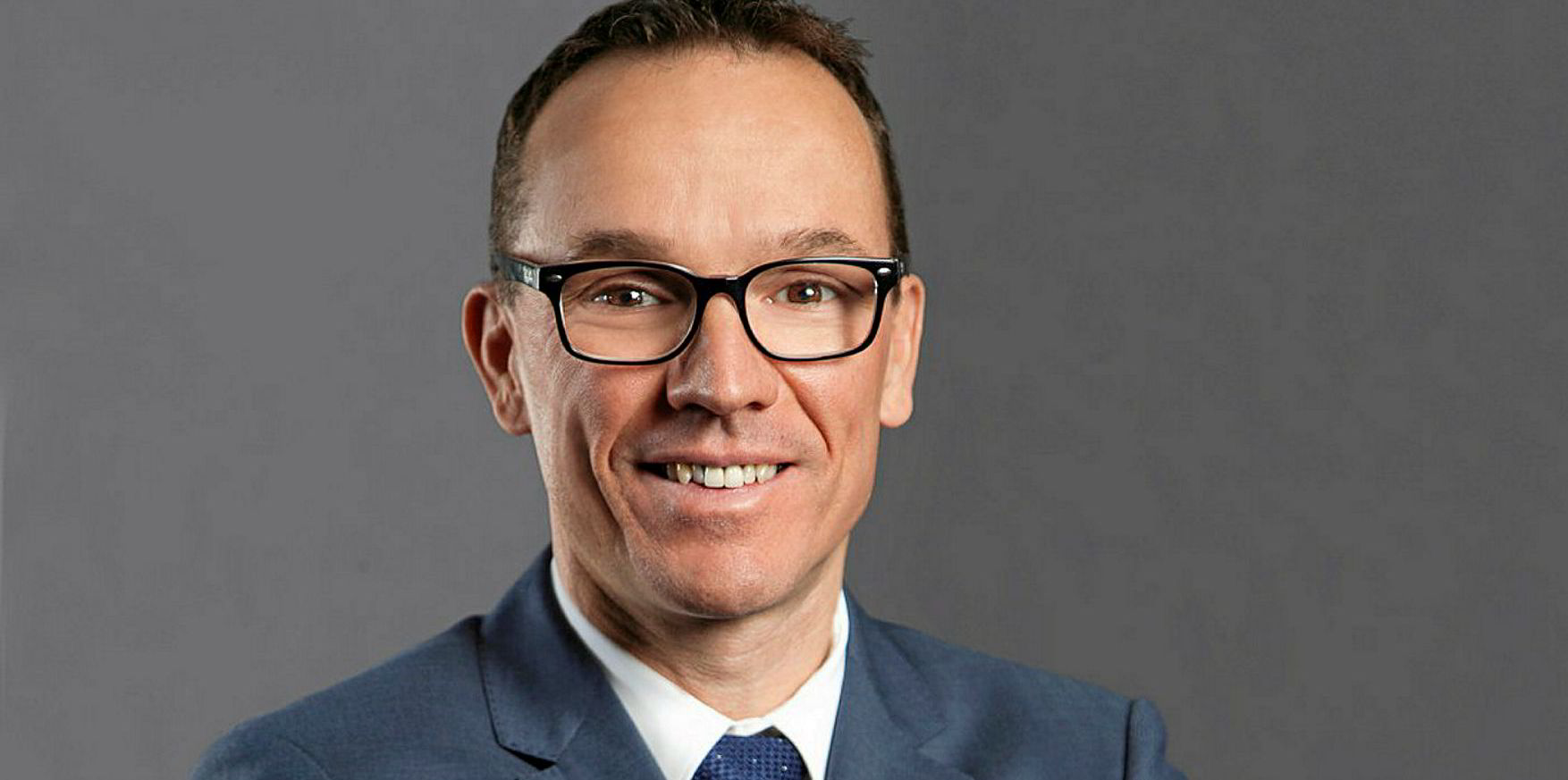
Jan Dieleman
Ocean transportation business leader, Cargill
The global sulphur cap will lead to a tightening of market supply from mid-2019 onwards. Vessels will be drydocked for tank cleaning and installation of scrubbers. An increase of vessel scrapping may exacerbate a contraction in overall supply.
The price of low-sulphur fuel or marine gasoil, or investment in scrubbers, means a rise in operating expenses for charterers and further up the supply chain.
Ahead of the implementation date, shipowners must ensure their ships are adequately prepared to bunker low-sulphur fuel and that the crew is well-trained on the upcoming changes — especially if crews are to operate any type of scrubbers. Special attention will need to be paid to engine maintenance, voyage planning (to bunker the correct fuel at the right time and place) and fuel compatibility.
Cargill believes the market outlook for dry bulk cargoes and product tankers is good. We see strong fundamentals and the supply-demand forecast is in the shipowners’ favour for 2019. Supply is in the driving seat for 2019.
Chartering activity will increase considerably in mid- to late-2019 as market pricing and any remaining ambiguity regarding fuel compliance dissipates. At the last meeting of the IMO’s Marine Environment Protection Committee, the market was sent a strong signal. We know, unequivocally, that on 1 January 2020 all shipowners and operators must be compliant with the IMO 2020 regulation.

Brian Nixon
Managing director, Lavinia Bulk
2020 is likely to be disruptive, especially on capesizes. A reasonable percentage of the capesize fleet will fit scrubbers during 2019 — and to fit a scrubber takes time.
This should be positive for the market as there will be delays due to fuel changeover of non-scrubber-fitted ships.
The key is to have your ship ready before this potential supply crunch and to capture any positive market moves.
For owners, the main challenge will be keeping vessel downtime to a minimum when adding a scrubber or — for non-scrubber vessels — working with charterers on removing the old fuels and adding the new fuels smoothly.
For charterers, the challenge will be to supply vessels with compliant fuels and perform contractual obligations for their clients in the fourth quarter of 2019 into the first quarter of 2020. For all, risk management is key.
Supply-demand scenario
On the demand side, the world economy is still doing pretty well with a growth rate of more than 3%. China, as always, is the wild card and has been a little weaker of late, so more stimulus is on the cards and hopefully the trade disputes work themselves out.
As for supply, the dry bulk orderbook for 2019 is not that large and with potentially higher fuel costs and slow steaming as well as the fleet being disrupted due to the 2020 regulations coming up, there should be a tighter market overall compared to 2018.
Overall, I am reasonably positive for the dry bulk markets during 2019, with the usual demand-side risks to keep us on our toes.
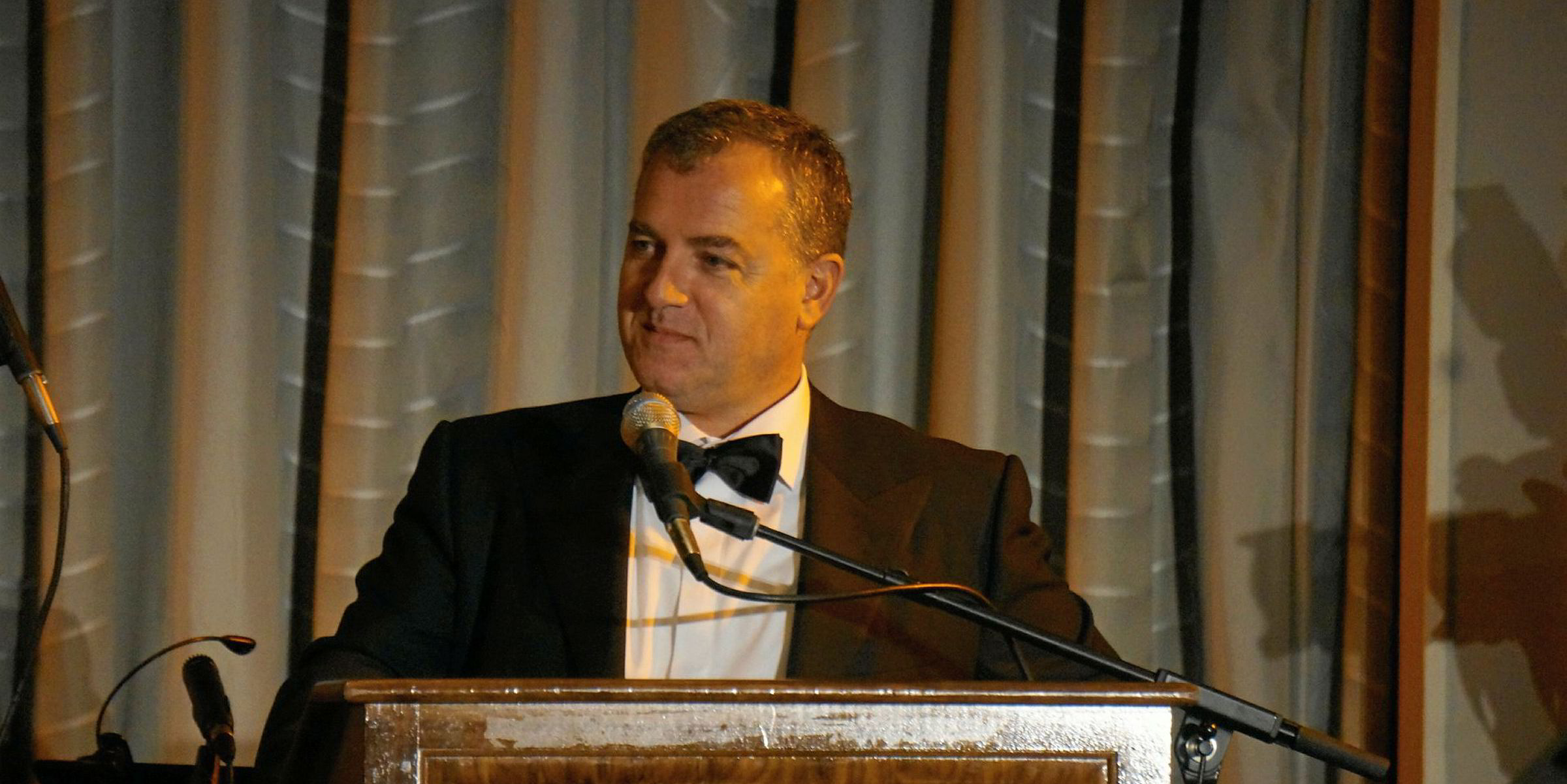
Polys Hajioannou
Chief executive, Safe Bulkers
Most shipowners are opting to comply with the regulation by using 0.5% sulphur fuel. The installation of scrubbers and ballast water treatment systems (BWTS), as well as slow-steaming due to the expected higher cost of compliant fuels, will subtract vessel supply.
This will probably result in a healthier market [in] the following years. We at Safe Bulkers follow a balanced approach, intending to compete on fuel price differential for half our fleet by installing scrubbers, and on lower fuel consumption for the other half by using compliant fuels. Our environmental investments are expected to be about $60m.
We do not expect significant problems in relation to compliant fuels, however, fuel tank cleaning and other technical parameters should be assessed at an early stage. Owners who moved late to install scrubbers and BWTS may face excessive installation costs and delays
Polys Hajioannou
We do not expect significant problems in relation to compliant fuels, however, fuel tank cleaning and other technical parameters should be assessed at an early stage. Owners who moved late to install scrubbers and BWTS may face excessive installation costs and delays.
The main concern in the market is the developing trade war between the US and China. This maintains newbuilding orders at low levels. In addition, funds are allocated to environmental investments instead of newbuilds, while equity markets are subdued and financing from traditional shipping banks is limited. Orders from Chinese leasing institutions represent a threat. We remain cautiously optimistic that talks between the US and China will prove productive, easing concerns about a full-blown trade war and resulting in healthy charter rates.

Gary Vogel
Chief executive and director, Eagle Bulk Shipping
With the general dry bulk supply-demand dynamics continuing to improve and regulatory requirements relating to ballast water treatment and fuel emissions beginning to impact global fleet capacity, 2019 is setting up to be a dynamic year. Notwithstanding a potential increase in market volatility due to the macro and geopolitical environment, overall we expect rates to continue their upward trend.
2019 is setting up to be a dynamic year
Gary Vogel
We view IMO 2020 as a significant and positive event for shipping, both from an environmental perspective and also from a markets point of view. While decisions around compliance have already been made, advance planning and strong execution will be key to limiting downtime and being ready by the time the new regulations come into effect. This holds true both for owners installing scrubbers and those who need to make preparations in advance of switching to compliant fuel. Eagle Bulk has 34 scrubber installations beginning next month, representing more than 70% of our owned fleet.
In over 30 years in the dry bulk market, I can’t remember entering a year with so many significant drivers coming into play. It will be interesting to look back in 12 months and see how they all interacted and impacted the market.

Stamatis Tsantanis
Chief executive and chairman, Seanergy Maritime Holdings
The implementation of the IMO 2020 rules presents many unknown factors that we’ll need to face until the overall situation normalises. The scrubber equipment by itself is not a technological breakthrough as it has existed for more than 20 years.
However, the installation and operation of machinery onboard hundreds, if not thousands, of oceangoing cargoships entails many risks that could affect the safety of vessel operations and, ultimately, human life. Another important factor, in our opinion, is the availability of compliant fuels in key global locations, which could make the use of scrubbers redundant sooner rather than later.
In 2019 alone, we expect more than 300 to 350 capesize vessels to install scrubbers, as well as all 70 Valemaxes. This will create a major disruption in a market that is already tightly supplied in respect of tonnage.
Demand for seaborne transportation of the key raw materials such as iron ore, coal and bauxite has proven to be quite healthy despite political disruptions, such as trade wars, tariffs and the softening of global GDP growth.
Seanergy is the only pure-play capesize shipping company listed on the US capital markets and we strongly believe that we have timely invested in the sector with the best fundamentals of the dry bulk market.
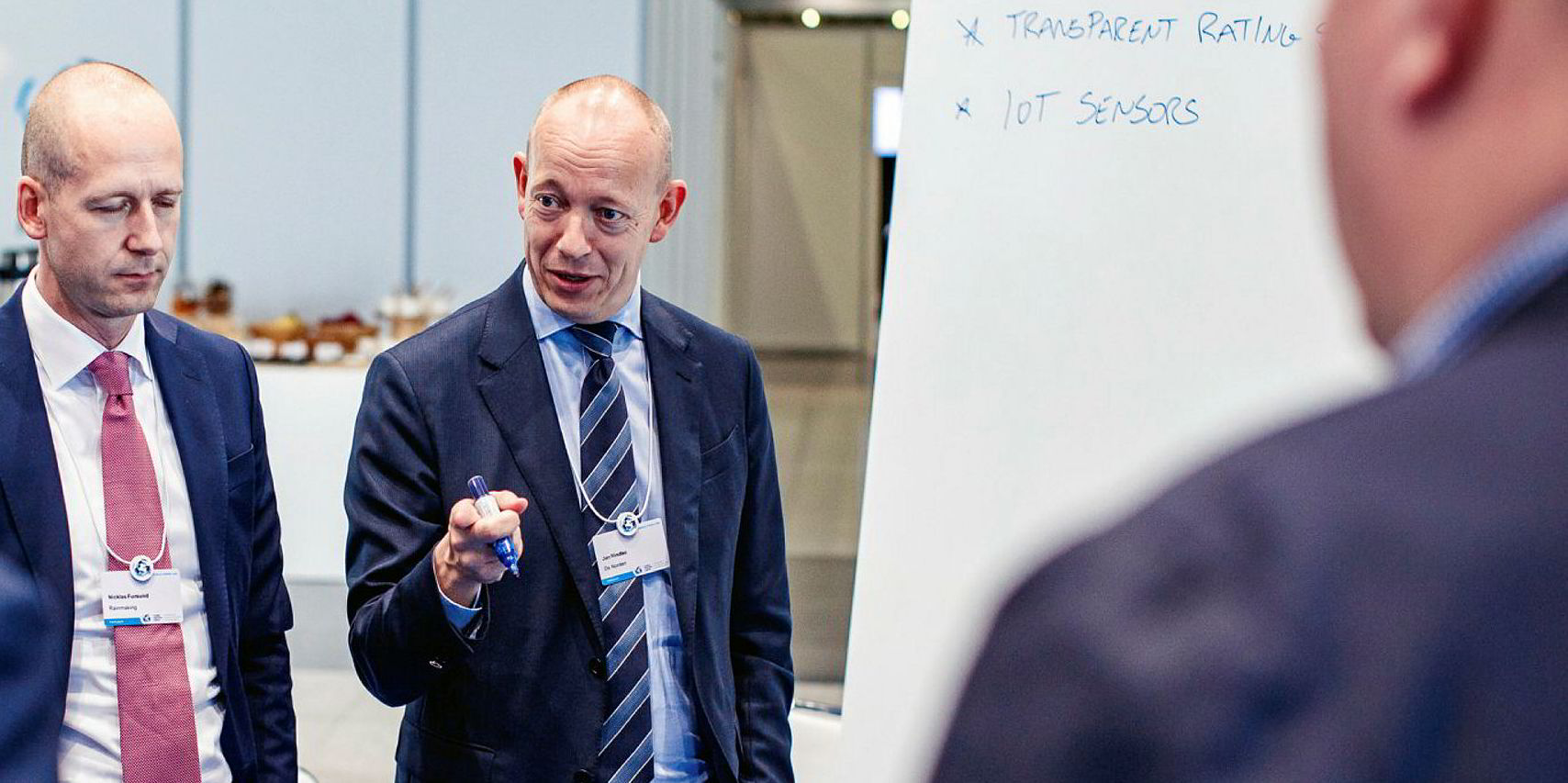
Jan Rindbo
Chief executive, Norden
The new sulphur regulation brings challenges as well as opportunities. It requires planning and well thought through procedures to be compliant by 1 January 2020, but it is also an opportunity if you have the right setup, which we believe we have, being a larger player in the industry with a skilled organisation.
In addition to our owned fleet, we have more than 250 vessels on charter from other shipowners, and we will use our expertise to work together with our partners to co-ordinate all of the practicalities leading up to the 2020 deadline.
For product tankers, the introduction of the regulation and the increased demand for transport of compliant fuel should benefit the market.
Uncertainty over the pricing of compliant bunker fuels and availability of different fuel types including HSFO [high-sulphur fuel oil] for scrubber-fitted vessels creates challenges in planning ahead.
Norden is active in dry cargo and product tankers. Both markets should perform well in 2019 as we still have manageable fleet supply and decent economic activity.

Anastasios Papagiannopoulos
Principal of Common Progress and president of Bimco
The main issue will be the ability of operators to pass on the extra cost [of IMO 2020] to customers. That ability will largely be determined by the fundamental supply-and-demand balance of the market — the stronger that balance is, the higher the possibility to pass on the extra cost..
Failure to pass on a significant part of the extra cost to customers may result in financial difficulties for some. The trade war is biting a bit into the upside of fairly solid growth, but overall demand has been supportive. That means the focus must be on operators to pass on the extra cost and prepare for our bunker supply needs.
We also need to prepare technically, which may present unforeseen challenges.
The two factors that we can point out are Chinese iron ore imports and the US-China trade war. The future of the market — especially for capesizes — largely depends on whether China will resume growing its imports of iron ore. If 2019 is another flat year for iron ore into China, we could see pressure rising. The trade war has also impacted the middle sectors, as grain and soya bean cargoes have been lost.
All in all, we can hope for a balance between supply and demand, but cannot count on it.

John Platsidakis
Managing director, Maran Dry Management
The IMO 2020 regulation will have the most severe and challenging impact on worldwide shipping and, in particular, tramp shipping.
Adaptability and compliance are of major concern for shipowners and crews as well as for charterers who have to ensure that the 0.5% fuel oil, which they provide to the chartered ship, meets safety and operational standards. The shipping community has to prepare for a very large number of legal disputes.
[A key challenge for shipowners will be the] quality of fuel oil, which they will buy for [their] own account or provided to time-chartered vessels.
[Bulker market performance next year] is more difficult. I believe that the demand market will continue showing a positive outlook. On the supply of ships, I also believe that the outlook is positive because of the relatively conservative newbuilding status and the accelerated demolition of older ships due to BWM [ballast water management] and IMO 2020 implementation.
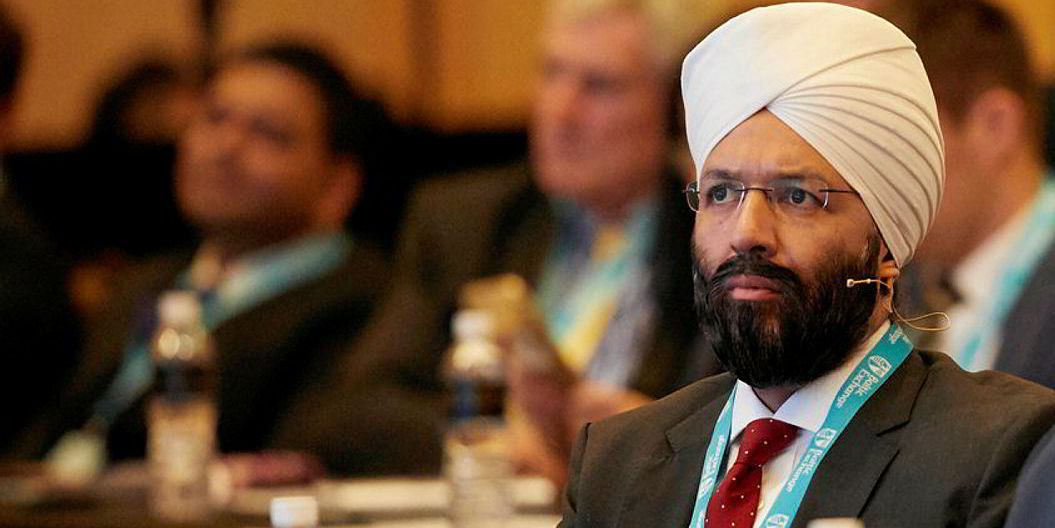
Rashpal Bhatti
Vice president of marketing freight, BHP
We will ensure our fleet is 100% compliant through a diversified approach that optimises our cost base. Working with strategic vendors, we will identify the most efficient compliance solutions and continue to support regulatory bodies [to] pursue 2020 compliance.
We’re monitoring supply, but we expect the necessary bunker fuels to be consistent along our busy trade lanes.
Operational preparedness remains a key discussion with our strategic vendors, ensuring vessels are ready for the variety of fuel types and qualities through the transition period. An engine failure at our operating ports poses risks to our people and business. Testing and trials with new fuel blends and equipment is a key risk mitigation leading to 2020. Ensuring vessels have well-trained crews to manage this period will be critical for scrubbing systems, LNG fuels or low-sulphur bunker products. IMO 2020 compliance is critical to reduce the industry’s environmental impact, and ensure the commercial landscape remains transparent and equal.
We feel the dry bulk market is at the top of the current cycle, with rates peaking this year or next. Longer-term structural changes may reduce overall Chinese import volumes.
Also adding downward pressure on rates is the pace of fleet growth, low scrapping levels, and a flurry of bigger ships expected in 2019 and 2020.
